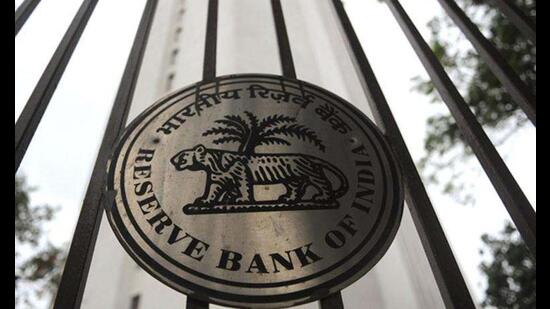Our Terms & Conditions | Our Privacy Policy
Regulators must make India’s financial system climate-proof
Regulators across financial markets in the world, including the Reserve Bank of India (RBI), acknowledge that climate-related financial risk is a potential threat to stability. Hence, all financial regulators have a clear interest — in some cases, even an obligation — to assess the impacts of the climate crisis on the financial system and incorporate related considerations into their regulatory frameworks to protect regulated entities. However, there is no unanimity of views, exposing the financial system to climate risks and limiting national ambitions on mobilising capital for climate action.
 RBI must use its forward guidance instrument to make the direction clear
RBI must use its forward guidance instrument to make the direction clear
Over the last few years, RBI has used moral persuasion and rhetorical appeal to get regulated entities to consider the climate crisis impacts in lending and risk management. These are evident in draft climate-related disclosure guidelines, several meetings and workshops it has organised, acknowledgment of the climate crisis in RBI publications and speeches of the leadership, to influence the behaviour of banks and non-banking financial companies (NBFCs). However, RBI is yet to make disclosure frameworks, supervisory practices concerning climate impact, and monetary measures expected of its regulated entities clear. Some banks have set up environmental, social, and governance (ESG) and even special climate crisis units, developed related human capital, and hired consultancies to better factor in climate risks, their own emission footprints, etc. But, there is limited incentive to accelerate such practices and make them widespread. A year after the release of its disclosure guidelines, RBI remains quiet on implementation. It has not developed clear measures to make monetary policy resilient to climate-crisis risks.
RBI must use its forward guidance instrument to make the direction clear. The announcement of what the central bank intends to do in certain circumstances anchors banks’ expectations of what lies ahead. RBI can indicate future policy with emphasis on climate-crisis risks. So far, it has given forward guidance only on climate-related disclosures and stress testing within a specific timeframe.
Some elements of a more proactive forward guidance could be announcing additional climate-risk weightage and embedding climate risk assessment into the supervisory review framework and monetary policy. Reducing the risk weight of the green sector can lower lending rates and increase capital flow to the sector.
Other financial sector regulators also have a role to play. The Pension Fund Regulatory Development Authority (PFRDA) and the Insurance Regulatory Development Authority (IRDA) manage more than trillions of rupees of capital, and a significant chunk of this is allocated across financial assets such as stocks, bonds, etc. Although it is well recognised that the climate crisis can adversely affect the value of such assets, limited regulation exposes those for whom these assets are held or regulated to climate risks. Moreover, the long-term investment duration of pension funds and insurance companies makes their financial assets more vulnerable to climate risks as the impact is expected to get more severe with time.
The market regulator, the Securities and Exchange Board of India (Sebi) has been very active in the disclosure of listed companies’ ESG ratings and other green-related financial products. But it is silent on its mutual funds, a key regulated entity. Compared to pension and insurance funds, mutual funds’ exposure to corporate equity and bonds is higher, which makes them even more vulnerable to climate-crisis risks.
The International Organization of Securities Commissions (IOSCO) — PFRDA, IRDA, and Sebi are members — outlines a prescription for asset managers on the development and implementation of practices, policies, and procedures relating to sustainability-related risks and opportunities. These include governance, investment strategy, risk management, metrics, and targets in line with the Task Force on Climate-Related Financial Disclosures (TCFD).
Peer regulators in other jurisdictions have also come up with regulations on climate-crisis risks. Financial regulators in the UK, South Africa, Bangladesh, and Vietnam have taken steps in this direction. For instance, the South Africa Pensions Act mandates pension funds to consider environmental factors in investment decisions, given their materiality. In the UK, pension fund trustees are recommended to include matters of the climate crisis as a responsibility. South Africa also has a pension Act that mandates pension funds to consider environmental factors while investing.
The lack of uniform signals among domestic and global regulators confuses markets and gets in the way of transparency. All financial regulators must play a catalytic role in filling the green financing gap while making the financial system resilient to climate-related financial risks.
Labanya Prakash Jena is a sustainable finance advisor. The views expressed are personal
[ad_1]
Images are for reference only.Images and contents gathered automatic from google or 3rd party sources.All rights on the images and contents are with their legal original owners.
[ad_2]


Comments are closed.